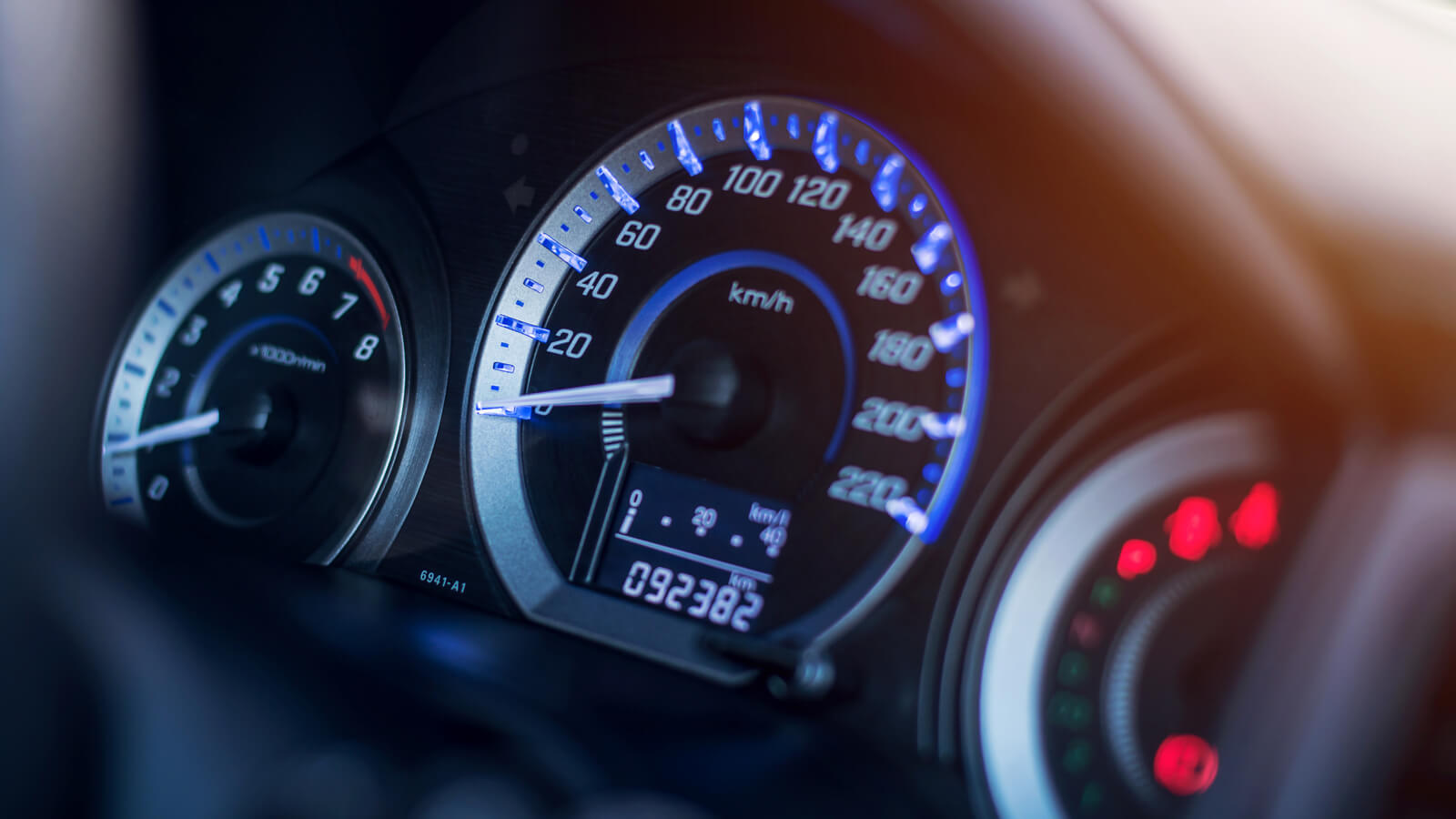Worried about rising gas prices? If you’re a business owner or self-employed, the IRS just made it easier on you by raising the standard mileage rate.
Starting July 1, you can deduct 62.5 cents per mile you drive for business-related purposes. The rate was previously 58.5 cents – making that a 4-cent increase. You can deduct the new rate through Dec. 31.
The IRS said they increased the mileage rate because of rising gas prices.
"The IRS is adjusting the standard mileage rates to better reflect the recent increase in fuel prices," said IRS Commissioner Charles Rettig. "We are aware a number of unusual factors have come into play involving fuel costs, and we are taking this special step to help taxpayers, businesses and others who use this rate.”
With this change, it’s more important than ever to know what you can deduct – and how.
Contents |
| What is the standard mileage rate? |
| How do I claim the mileage deduction? |
| How do I track my mileage? |
What is the standard mileage rate?
The standard mileage rate is the amount you can deduct from expenses related to operating your vehicle for business-related purposes.
This deduction applies to miles driven for things like meeting with customers, working for rideshare apps like Uber and Lyft, or going to professional conferences. It does not include commuting to work.
You might hear it called the optional standard mileage rate because it’s one of two ways to deduct your mileage. The other way you can deduct the cost of using your vehicle is via actual expenses, which are deductions from expenses that aren’t mileage – like depreciation, repairs, lease payments, gas and more.
On top of business purposes, you could also deduct mileage for charitable, medical or moving-related reasons. The mileage rates for medical and moving costs increased along with business, but the charitable mileage rate remained the same.
How do I claim the mileage deduction?
You have to calculate your deduction before you can claim it. You would multiply the number of deductible miles you drove from Jan. 1 to June 30 by 58.5 cents – and multiply your deductible miles from July 1 to Dec. 31 by 62.5 cents.
But if you’re like most business owners, you’re busy running and growing your company – and you might forget to track how many miles you drive for your business and when. Apps like Everlance can help you automate the process and stay organized so you can deduct as much as possible when tax season rolls around.
Once you have your correct mileage, you can deduct it on your business tax return. Talk to your tax advisor before filing your next tax return to make sure you’re tracking and categorizing your miles correctly.
How do I track my mileage?
It’s always been important to track your mileage regardless of whether you take the mileage deduction or the actual expenses deduction. The IRS keeps a close eye on auto and home office deductions because they’re commonly used for personal use, so the documentation requirements are stricter – which is why an app like Everlance makes sense.
But if you’re taking the mileage deduction, it’s even more important for 2022 because of the two effective rates: the 58.5 cents rate before July 1, and the 62.5 cents rate after July 1.
If you don’t track your mileage correctly, you could risk the IRS denying your deduction if you don’t have the proof to back it up. And for most taxpayers, that deduction is substantial.
For the most accurate mileage deduction, you should use a mileage tracking app like Everlance. They track your trips and allow you to upload notes and photos for every trip – so you have proof that your trips were business-related if the IRS ever audits you.
The bottom line
Business owners can now deduct 62.5 cents per mile through the rest of 2022 instead of 58.5 cents with the optional standard mileage deduction.
This can help small business owners ease the burden of rising gas prices come tax time. But to take full advantage of this new rule, you have to record your miles accurately and determine whether they’re deductible or not. Mileage tracking apps like Everlance can help you with both of those problems.
If you’re not sure how to determine your standard mileage deduction – or even if it’s right for you – schedule a free call with a DiMercurio Advisors team member today. An expert can guide you through the steps you need to take for the rest of the year to help you track miles correctly and save you from overspending on your taxes next year.








